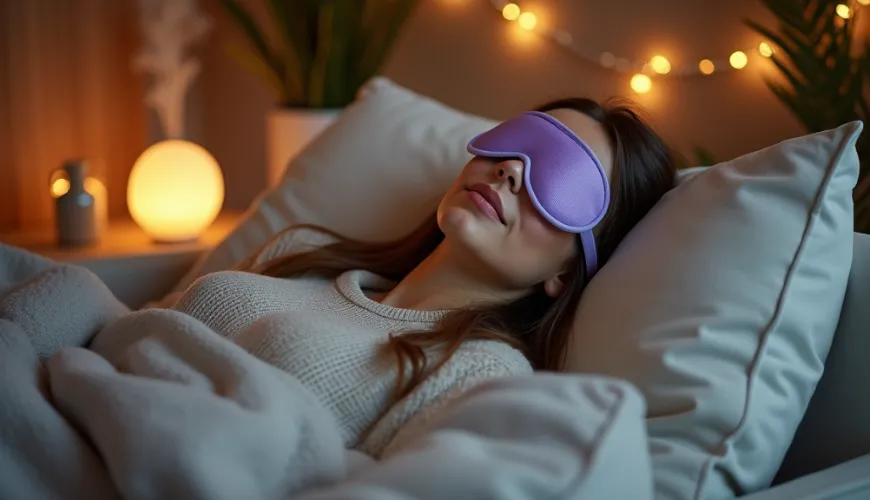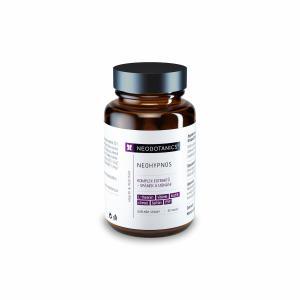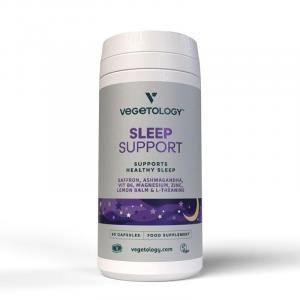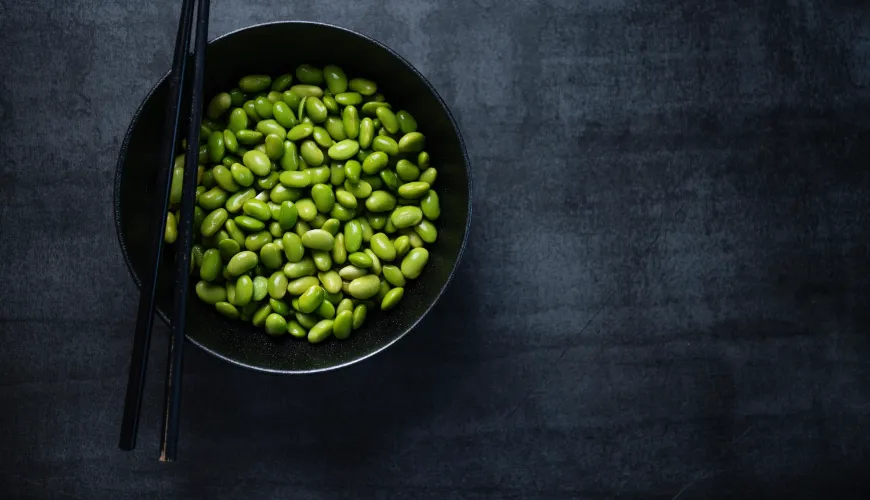
How a Power Nap Can Change Your Energy and Mood During the Day

Power Nap - The Secret to Quick Rest That Boosts Performance and Mood
In the hustle and bustle of modern life, fatigue is almost omnipresent. When the workday reaches its midpoint and the mind begins to fog, many turn to coffee or energy drinks. But what if there was a more effective, healthier, and sustainable way to recharge both body and brain? The solution lies in a simple concept that is gaining popularity across continents – a short afternoon nap known as the "power nap."
What is a Power Nap and Why Does It Work?
The term power nap can be loosely translated as "a quick recharge through a short nap." Unlike a classic afternoon nap, which can last an hour or more, a power nap is a short sleep lasting about 10 to 20 minutes. This duration is key – during this time, the sleeper does not enter the deep phase of sleep (REM), and thus upon waking, does not experience typical "grogginess," but instead feels instant refreshment.
Scientific studies repeatedly confirm that this type of short sleep improves focus, memory, performance, and mood. According to a 1995 NASA study, a twenty-minute nap acts as a "mental restart" for pilots and astronauts, leading to a 34% increase in performance and a 100% improvement in alertness.
Interestingly, power naps don't just serve as a lifeline in times of acute fatigue. If they become a regular part of the day, they can also contribute to long-term mental health improvement and stress level reduction. During a short rest, the brain literally "sorts out" the information gathered during the morning, returning to work refreshed and more efficient.
Ideal Duration and Timing
It's no coincidence that the most commonly recommended duration for a power nap is between 10 and 20 minutes. Longer naps can lead us into deeper phases of the sleep cycle, and if we wake up in the middle of one, we paradoxically feel worse than before falling asleep. Some sleep specialists even recommend the so-called "coffee nap" – drinking a cup of espresso right before napping. Caffeine begins to take effect in about 15 to 20 minutes, precisely when we wake up. The result is an even stronger feeling of refreshment.
Try our natural products
Regarding timing, the best time for a power nap is between 1 and 3 PM, when energy levels naturally dip, and the body and mind enter a slight lull – the so-called postprandial phase. This is why power naps are so popular in Mediterranean cultures, where "siesta" is a traditional part of the day.
When 15 Minutes Change the Course of the Day
Jana works as a primary school teacher. Every morning she wakes up at six and is in full swing from eight to one. After returning home, she faces lesson preparation, household duties, and children. "I felt completely shut down around two in the afternoon. Coffee didn't help, it just held me back from falling asleep in the evening," she describes. On a colleague's recommendation, she started trying power naps – short naps in a quiet corner of her apartment, with an eye mask and soft music. "It's unbelievable how 15 minutes of peace changed the rest of my day. Suddenly, I had the energy to cook dinner, prepare for school, and fall asleep without problems."
There are more and more similar stories. Power naps are becoming part of the routine not only for parents and office workers but also for students, creators, freelancers, and athletes. Some companies even have special "nap rooms" – spaces designed specifically for short breaks during the workday.
The Culture of Short Naps Around the World and Here
In Japan, the practice of "inemuri" – short naps directly in the office or during commutes on the subway – is common. It doesn't signify laziness but is seen as proof that the person works so intensely that they need a short rest.
Similar habits are slowly making their way into corporate cultures in the West. For example, Google, Zappos, or Nike support short naps for their employees by providing comfortable "nap pods" – soundproof capsules with lighting that mimics sunrise and relaxing music.
In the Czech Republic, such initiatives are not yet common, but interest in "micro-sleep" outside the driver’s seat is growing. Companies are beginning to understand that productivity is not a matter of hours spent behind a computer but of mental well-being and energy. Power naps are becoming a simple and inexpensive way to achieve this.
How to Create the Ideal Environment for a Power Nap?
Although a power nap can happen literally anywhere – on a couch, on an office carpet, or in a car – the environment plays an important role. The key is to minimize distractions.
- Darken the room or use an eye mask
- If there are noises around, earplugs or so-called white noise can help
- Set a gentle wake-up after 20 minutes (e.g., using vibration or a soft tone)
- Aromatherapy is also suitable – for example, lavender naturally induces a sense of calm
There are also eco-friendly and stylish products on the market that can support your "napping" ritual – bamboo sleep masks, recycled blankets, or natural essential oils. Whether you opt for a minimalist solution or create a small home ritual, the important thing is: to give yourself the time and space for a short reset.
When Short Sleep Benefits Health and the Planet
It may sound surprising, but regular power naps can also have an environmental impact. How? When we are more rested, we are less likely to reach for stimulants like coffee in disposable cups or energy drinks full of sugar and packaging waste. Opting for 15 minutes of peace instead of another caffeine dose is not only healthier but also more environmentally friendly.
Moreover, regular sleep – even a short one – supports hormonal balance, reduces the risk of lifestyle diseases, and increases the body's overall resilience to stress. From the perspective of a healthy lifestyle, it is a simple, natural, and very effective tool that costs nothing.
As Arianna Huffington, founder of The Huffington Post and a proponent of healthy sleep, said:
"Sleep is not a waste of time. It is the smartest investment in oneself."
In an era when more people are trying to slow down, regenerate, and live in harmony with nature, a power nap can be one of those small yet crucial steps towards greater balance. The benefits it brings are scientifically backed, easily accessible, and perfectly harmonize with the philosophy of sustainable and conscious living.
So why not make a short nap a new habit – just like brushing our teeth or preparing breakfast? You may find that those 15 minutes a day can change not only your work performance but also the quality of your life.



